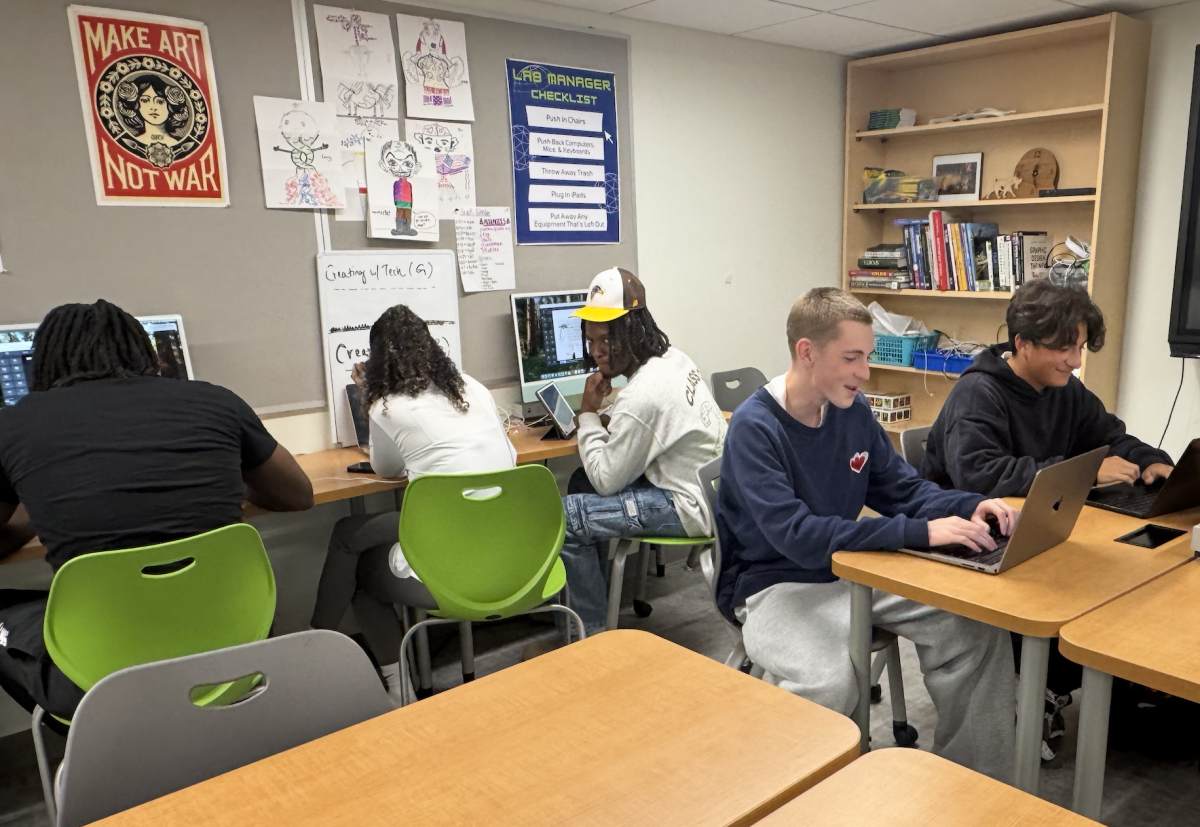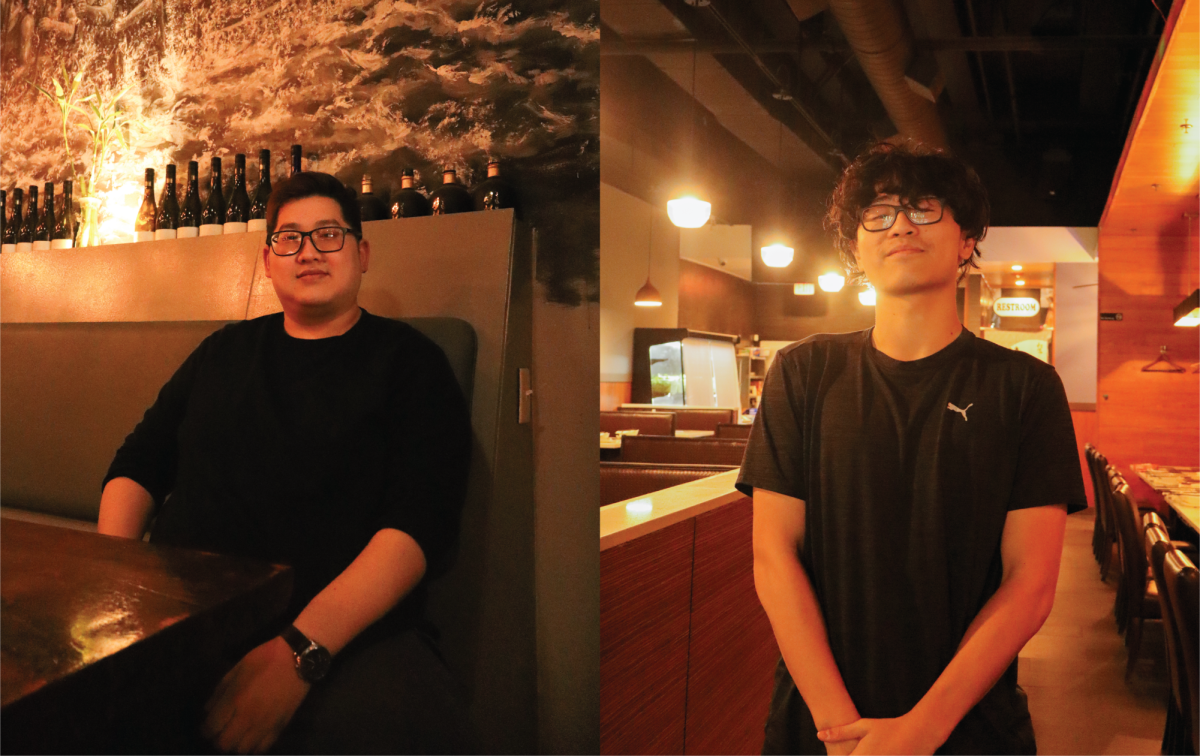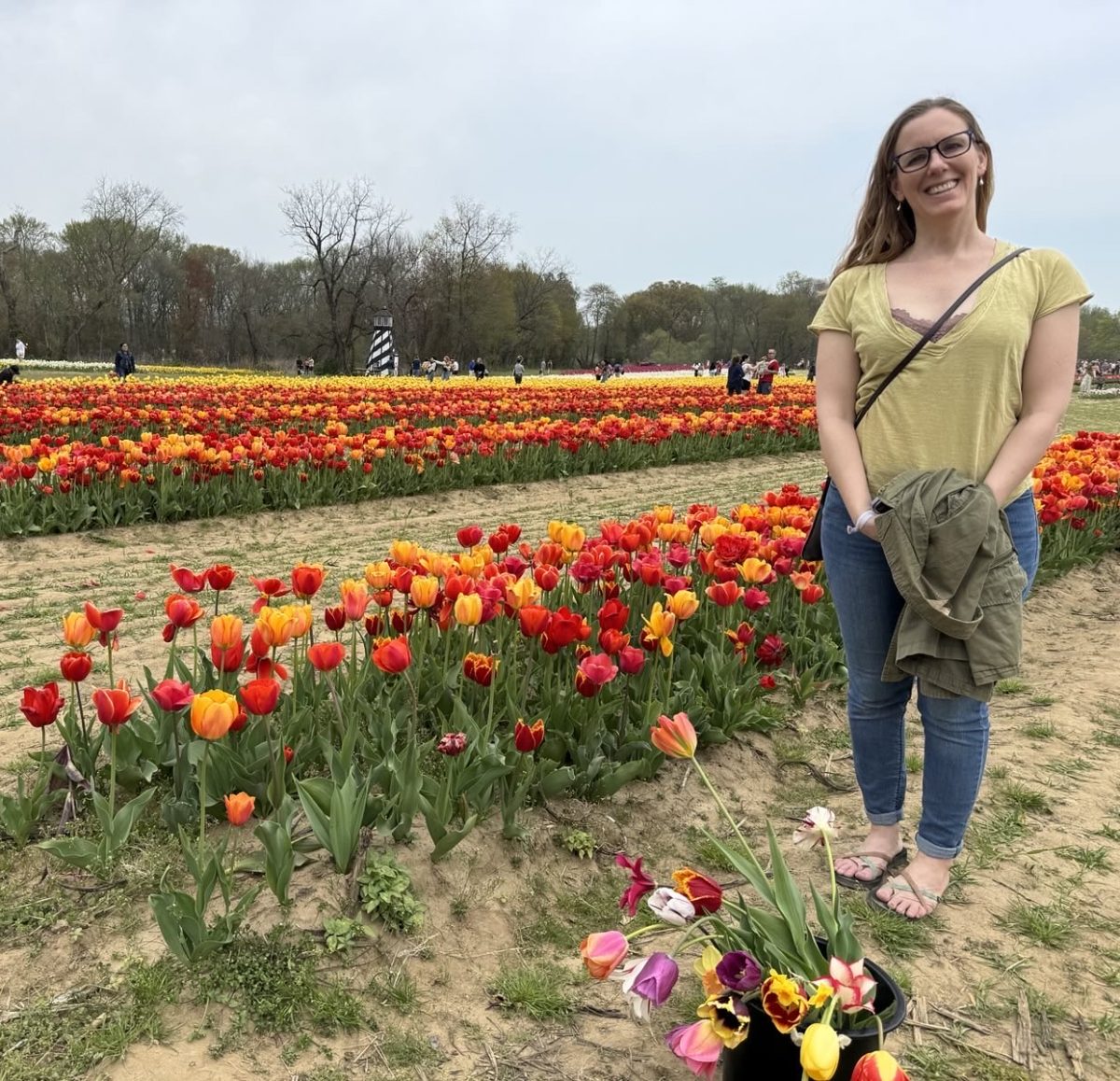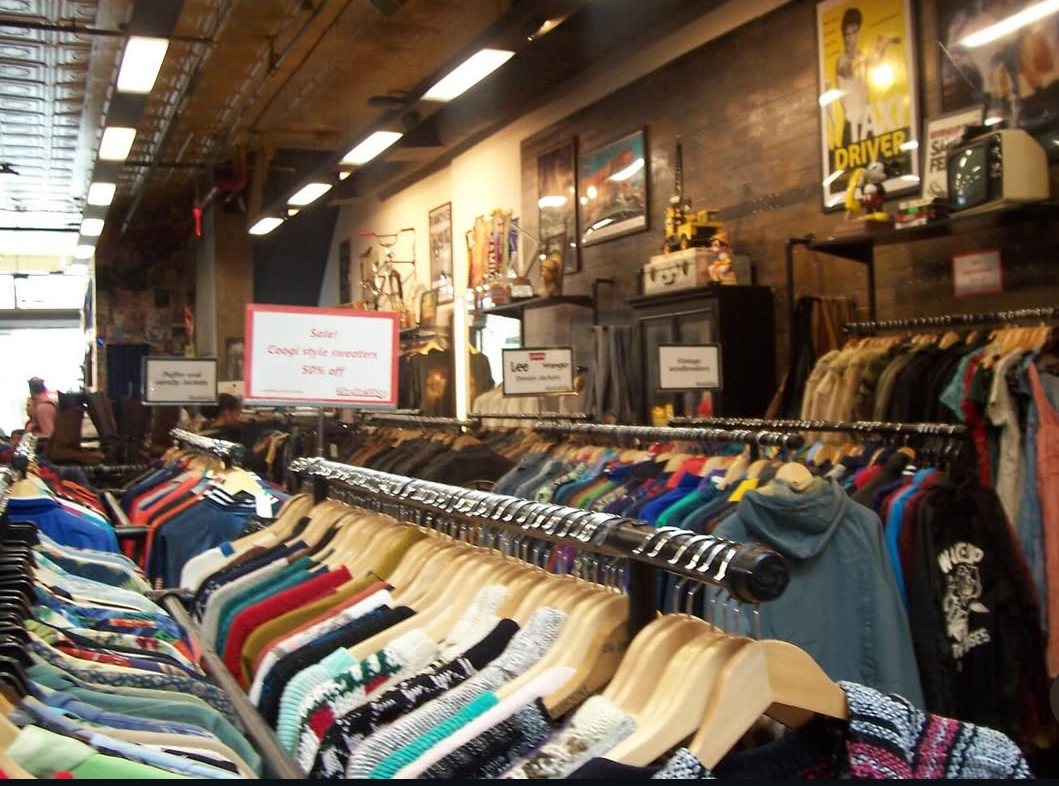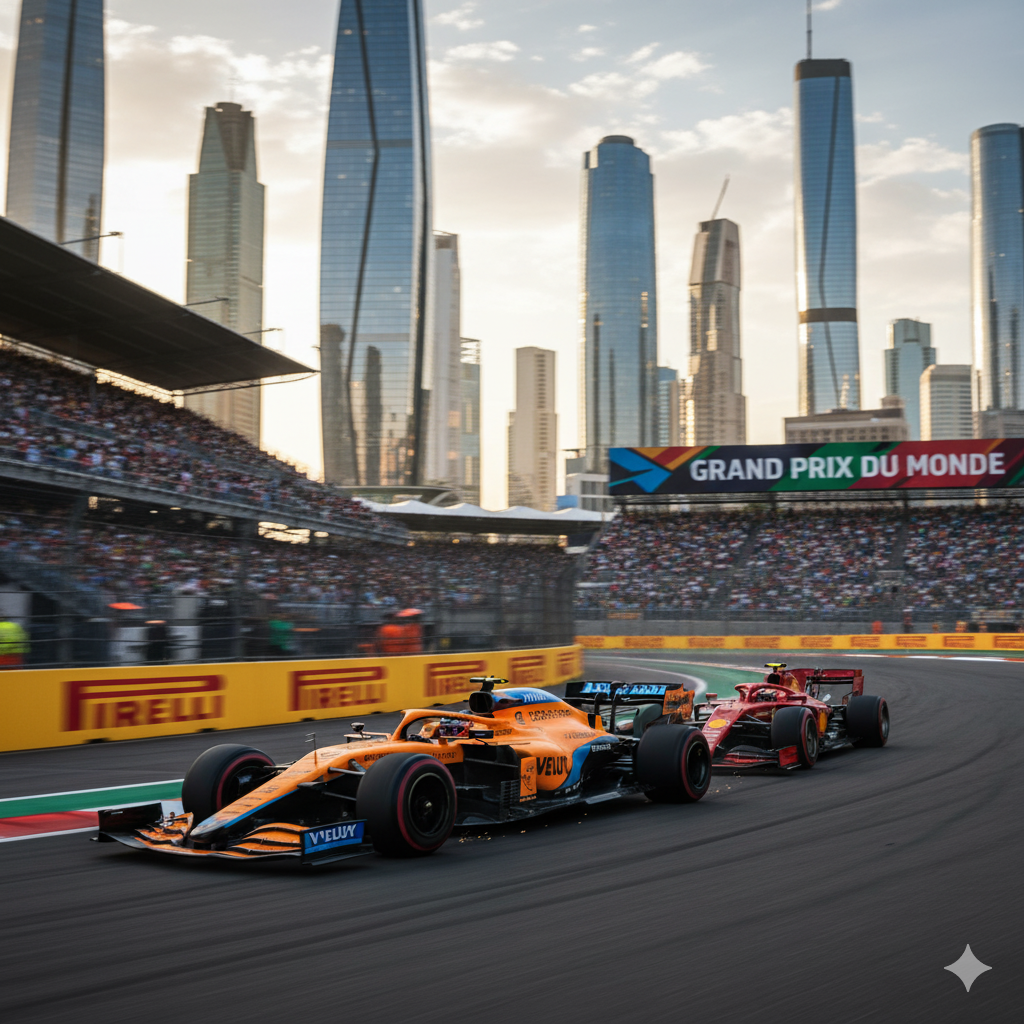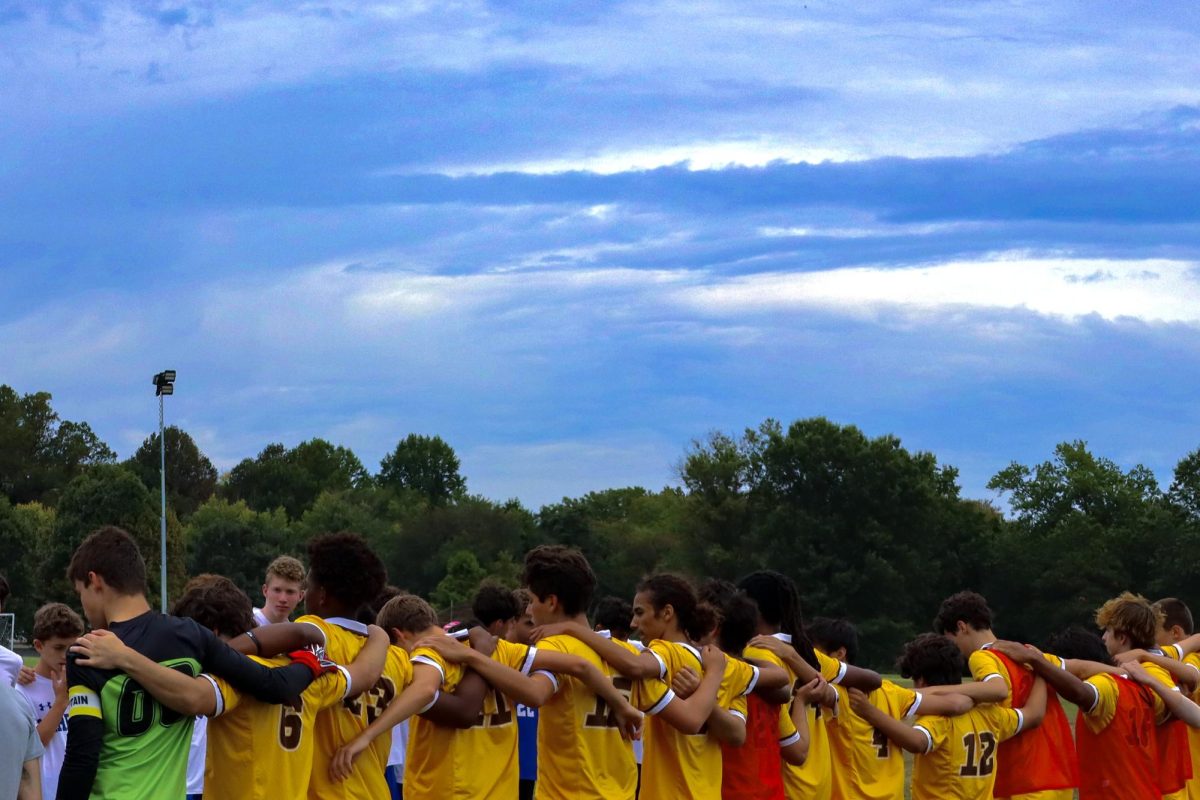“If this happens, my mom’s restaurant would be gone and I’d have to move to somewhere else.” (Danny, high school senior and employee at the restaurant Seafood Hotpot)
Chinatown is a token of Friends Select’s culture. From the in–the-city curriculum, Social Justice Week trips, and after-school trips among students, Chinatown has become a crucial space for Friends Select. But today, students face the risk of losing Chinatown forever.
In July 2022, Harris Blitzer Sports & Entertainment (HBSE) proposed to build a new sports arena for the NBA’s 76ers. It is planned to replace part of the Fashion District on Market and Filbert and 10th and 11th streets. This new arena will significantly change the future of Chinatown in terms of traffic, residents’ housing, the environment, and its economy. On December 19th, at the final council meeting, Philadelphia’s City Council will decide whether or not to continue with the plan.
Many organizations, such as the Students for the Preservation of Chinatown (SPOC) and Asian American United (AAU), have protested against the Arena, wanting to protect Chinatown residents, families, and cultural history. For many Philadelphians, especially among young students, the Arena poses a drastic and unreasonable change.
Despite criticisms, Philadelphia’s City Council continues to support HBSE with the Arena. At a community meeting on November 26th, Mayor Cherelle Parker said, “It will support nearby communities and make a citywide investment in education and economic opportunity.” But Chinatown businesses believe otherwise. The Falcon interviewed two people from various businesses in Chinatown to understand their stance on the Arena and what their future in the city may look like.
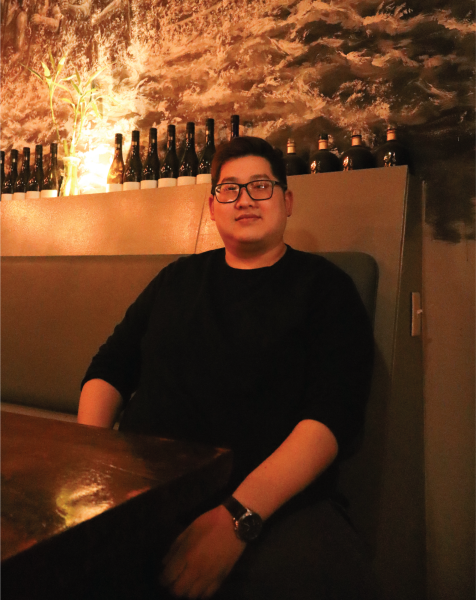
Ken, now 30 years old, had always envisioned his life in Chinatown. He explains, “Eventually, I want to own my own business here, and I want to put it in Chinatown.” However, with the prospect of the Sixers Arena, Ken may not be able to start up his business in Philadelphia.
Ever since Ken was 12 years old, Chinatown has been a crucial space for him. He and his family lived in Northeast Philadelphia, but as a young teenager, Ken visited Chinatown often with his friends who went to Central High School.
“[Chinatown is] where I actually met all my friends, especially growing up as an Asian American,” Ken said. “There are a lot of places to go where you feel more connected to another person, because in Chinatown, we’re all Asian. You feel a little more connected in a way, rather than going to Franklin Mills or the gallery.” For many Asian Americans, Chinatown provides a cultural safe haven and creates an important connection with the city that other parts of the city can not.
Thus, for many like Ken, whose whole livelihood remains in Chinatown, the Arena would be the destruction of both the past and future. “We don’t need an arena in Chinatown,” Ken says. “It’s gonna destroy the culture and destroy families, businesses, and memories.” As for Ken’s future business, he does not see a realistic opportunity to create his own business in Philadelphia if the Arena is created and would instead be forced to move out.
“Because once it’s built, a lot of people just expand out,” Ken explains. “It’ll just cause more traffic. Everyone hates traffic as it is. It causes more trouble and then people don’t wanna deal with it. I’ll just move to New Jersey, where a lot of people actually [move to] now.”
Chinatown has faced many challenges in the past. In 2000, Philadelphia proposed a multi-million dollar baseball stadium and, in 2008, proposed a casino. Both were planned to be constructed near Chinatown. In both instances, Chinatown’s advocates were able to dismantle the projects. However, this time around, Ken believes that the Sixers Arena could be the final straw due to the aftermath of the COVID-19 pandemic.
Since COVID-19, Chinatown has not fully recovered. Because of xenophobia and Asian American hate that had spread during the pandemic, many businesses closed or were forced to shut down. Philadelphia’s Chinatown, formerly recognized as a bustling epicenter for its nightlife, markets, and vendors, has increasingly lost its popularity since 2020.
“It’s not the same place [as] it used to be,” explains Ken. “But still after four years, we’re still trying. It thrived from 2015 to 2019. Everyone was outside. There was a nightlife. Now, everyone goes to sleep at 10, but I get it. Things change and we’re trying to fix that. But, more drastic changes are just gonna kill it.”
Despite his worries, Ken has not been able to openly voice these concerns. Many people and organizations do not have a platform to voice these opinions on the Sixers Arena. The City Council has repeatedly announced last-minute meetings and excluded organizations such as the Save Chinatown Coalition from attending. As a result, activists and residents must resort to social media, protesting, and other media outlets to express their concerns.
“I just feel like I had to say something,” Ken describes. “I always wanted to say something, but I never did.”
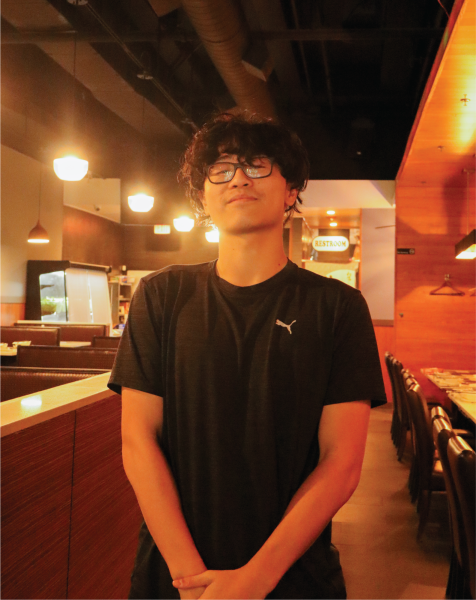
The plans for the Sixers Arena loom over Danny and his family. “If [the Arena] happened, my mom’s restaurant would be gone and I’d have to move somewhere else.”
Danny has spent his whole life in Chinatown, spending most of his days working at the restaurant or occasionally going to different shops and boba places with his friends. Like Ken, Danny has found a community in Chinatown. And it is because of Chinatown’s strong and resilient community that Danny believes Chinatown residents and advocates will not let the Arena happen.
“[The city] does not wanna get rid of a culture spot at all,” Danny explains. “This is the only Chinatown. Whenever you are here, the Asian community is around. So, I don’t think it’s gonna happen because of that.”
The constant and insistent protests and resistance against the Arena also give hope to residents. Danny says, “We protest and we do as much as we can.” However, even with the constant protests, the city continues to argue for the benefits of the Arena.
The City Council argues that bringing the Sixers into Center City will boost economic opportunities and growth for Chinatown and nearby businesses. However, Danny, a 76ers fan himself, strongly disagrees and encourages the Sixers to fix their current stadium regarding their food prices, seating, and fees, rather than relocating.
“Every time I go to a Sixers game, it’s just tragic that I have to bring my own water,” Danny says. I’m not paying eight bucks for water. I did it one time, never again. It’s crazy how expensive the food there is. They should stay where they are. Building a new arena is not gonna bring more viewers and revenue to the Sixers organization. They need to refix their team and remodel their entire franchise.”
However, despite Danny’s doubt about the new Arena happening, he recognizes that there is a real possibility that plans might follow through. “It just sucks cause we protest and we do as much as we can, but if it did happen, we can’t really stop it.”
Though, even if the Arena is built, Danny believes that Chinatown, along with his mother’s business, is strong enough to survive in some other form around Philadelphia.
“If it did happen, I think we would relocate to a smaller area,” explains Danny. “But, if they destroyed Chinatown, a new one would emerge around the Philly area. It just wouldn’t be in Center City.”
City Council President Malcolm Kenyatta Johnson announced that they will hold another meeting about the 76 Place by December 12th to authorize the Arena.
A final decision might not be announced until 2025.
















